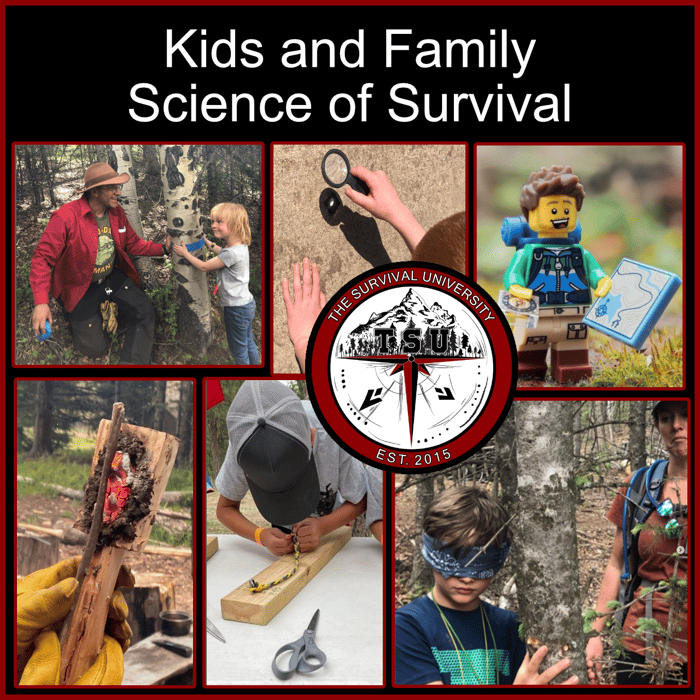
Family and Youth Training
CLICK HERE to inquire about a private event.
Outdoor education refers to the concept of learning and experiencing the natural environment through hands-on, experiential activities. This type of education focuses on connecting people, particularly children, with nature and teaching them about the environment and their place in it. Outdoor education activities can include things like hiking, camping, gardening, wildlife observation, and environmental science projects. The aim of outdoor education is to foster a deep appreciation and understanding of the natural world, as well as develop important skills such as leadership, teamwork, and problem-solving. Research has shown that outdoor education can also improve academic performance, increase physical activity levels, and promote mental health and wellbeing. By immersing people in the natural environment and providing hands-on learning experiences, outdoor education helps to cultivate a love for nature, an appreciation of its beauty and complexity, and a commitment to its preservation.
Teaching youth about the outdoors is essential for their physical, mental, and social development. Spending time in nature helps young people build a connection with the environment and appreciate the beauty of the world around them.
Outdoor experiences encourage physical movement, which can be beneficial for overall health and well-being. Additionally, outdoor education can help youth develop a range of life skills, including teamwork, problem-solving, and leadership, which can be valuable in both their personal and professional lives. Furthermore, being in nature can have a positive impact on mental health and reduce stress, anxiety, and depression. By teaching youth about the outdoors, we can encourage them to lead healthier, happier lives, and cultivate a lifelong love for the natural world. Check out all of our public youth classes.
CLICK HERE to inquire about a private event.
.png?width=1920&height=1280&name=Topography%20Background%20LightV7%20(1).png)

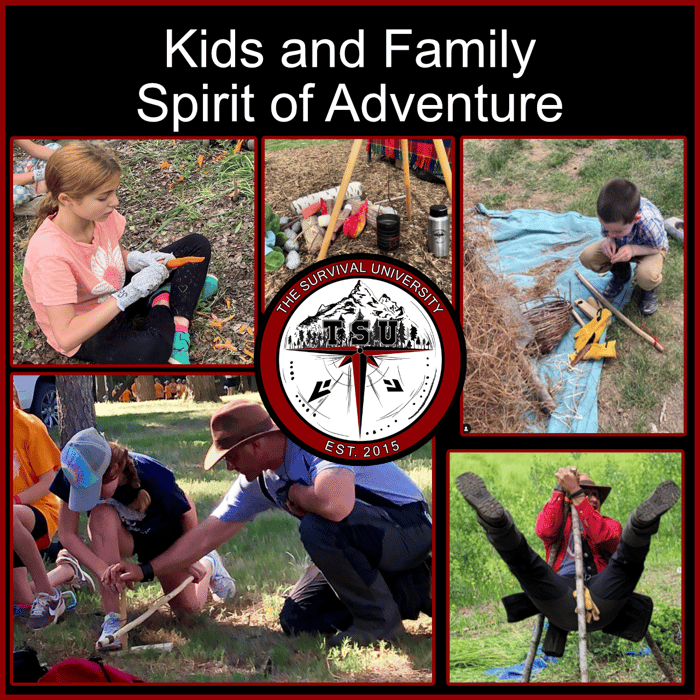
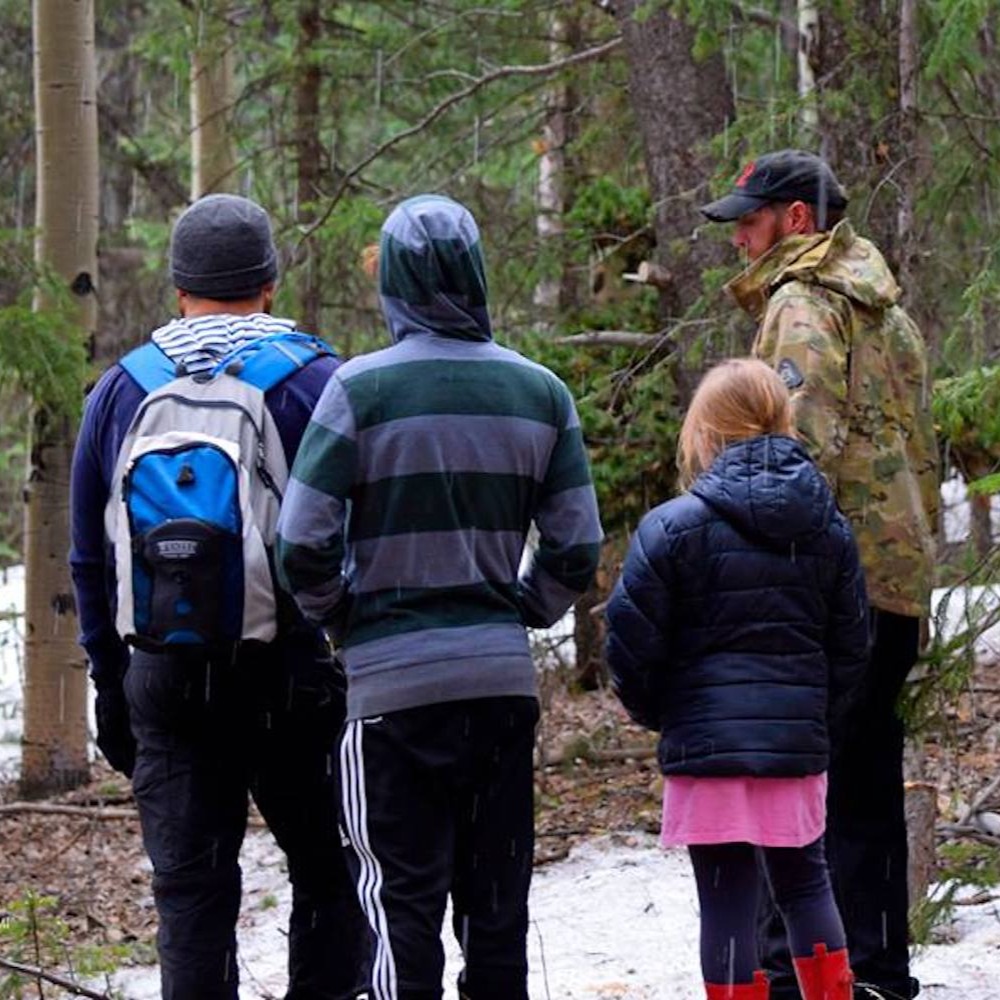
PRIVATE FAMILY EVENTS
Hosting private family classes is a great way for families to bond and learn new skills together. These classes can be customized to meet the specific interests and needs of your family, allowing everyone to participate in activities that they enjoy. Whether you’re interested in learning survival skills, campfire cooking, wayfinding, or any other subject, private family classes provide a unique and intimate learning experience. This type of hands-on learning can be especially beneficial for families with children, as it provides them with an engaging and interactive way to learn and grow together. Hosting private family classes can also provide families with an opportunity to spend quality time together, build stronger relationships, and create lasting memories. So why not consider hosting a private family class today? It’s a great way to bring your family closer and foster a love of learning.
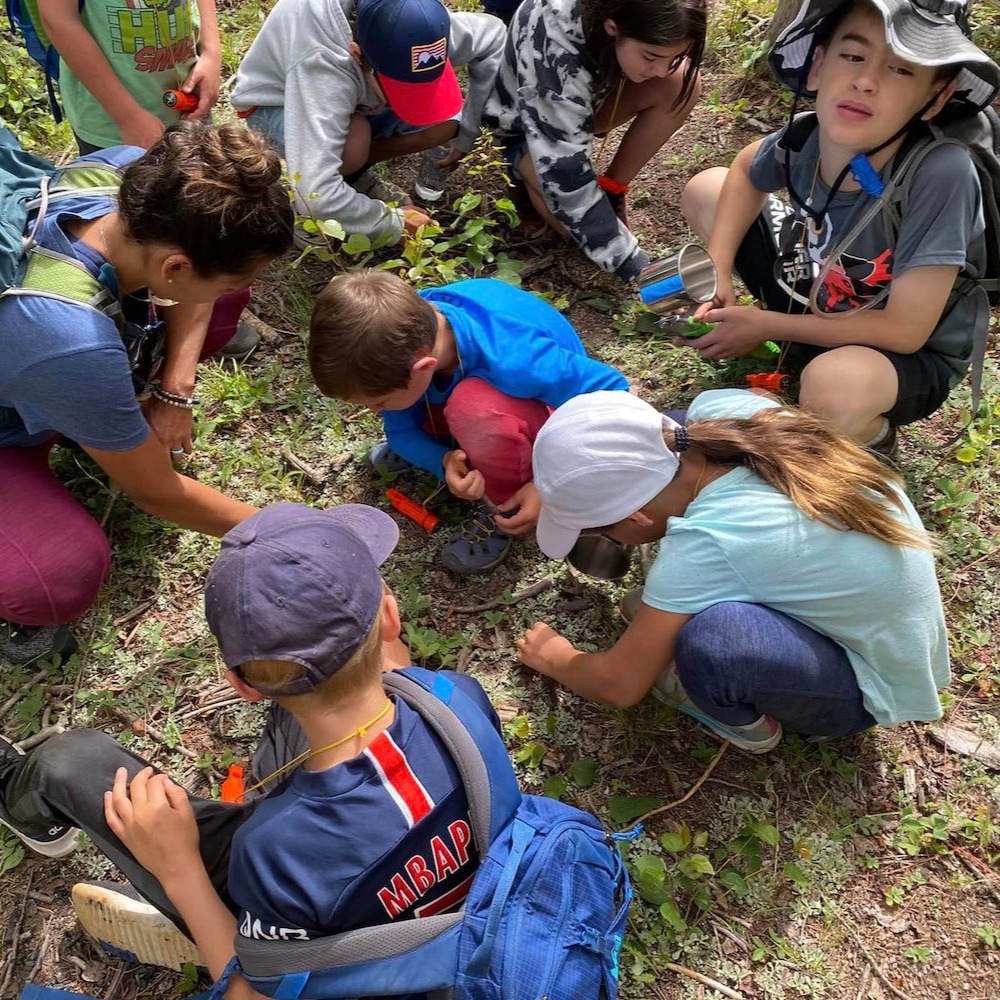
HOMESCHOOL GROUPS
Teaching survival skills to homeschooled students can provide them with a unique and hands-on learning experience that they won’t get in a traditional classroom setting. Survival skills can encompass a wide range of topics, including fire-starting, shelter-building, and wilderness navigation. By incorporating these skills into their homeschool curriculum, students can develop their critical thinking, problem-solving, and self-reliance abilities. This type of hands-on learning can also be a fun and engaging way to break up the monotony of traditional homeschool lessons. It can also provide students with a deeper appreciation and understanding of the natural world and the environment around them. If you’re interested in incorporating survival skills into your homeschool curriculum, there are many resources available, including books, online courses, and local classes. With the right guidance and resources, teaching survival skills can be an enriching and rewarding experience for homeschooled students.
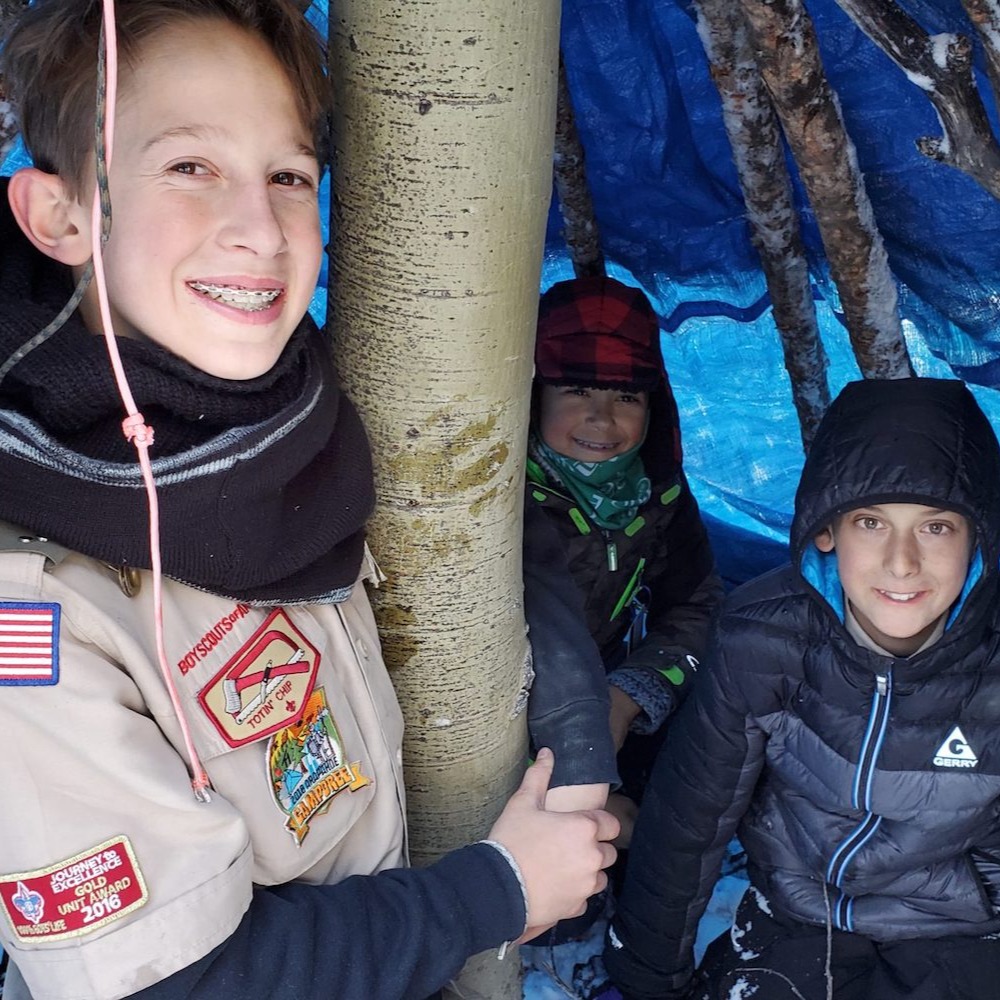
SCOUT GROUPS
Teaching survival skills to scout groups is a great way to help young people develop essential life skills and a love for the outdoors. These skills can include fire-starting, shelter-building, wilderness navigation, and many others. By incorporating hands-on activities and challenges, scouts can develop their problem-solving abilities, teamwork skills, and self-reliance. This type of learning can also be a lot of fun and provide a unique and exciting experience for scouts, especially for those who enjoy the outdoors and adventure. If you’re interested in teaching survival skills to scout groups, there are many resources available, including books, online courses, and local classes. With the right guidance and resources, teaching survival skills to scouts can be a rewarding and enriching experience for both the instructors and the scouts.
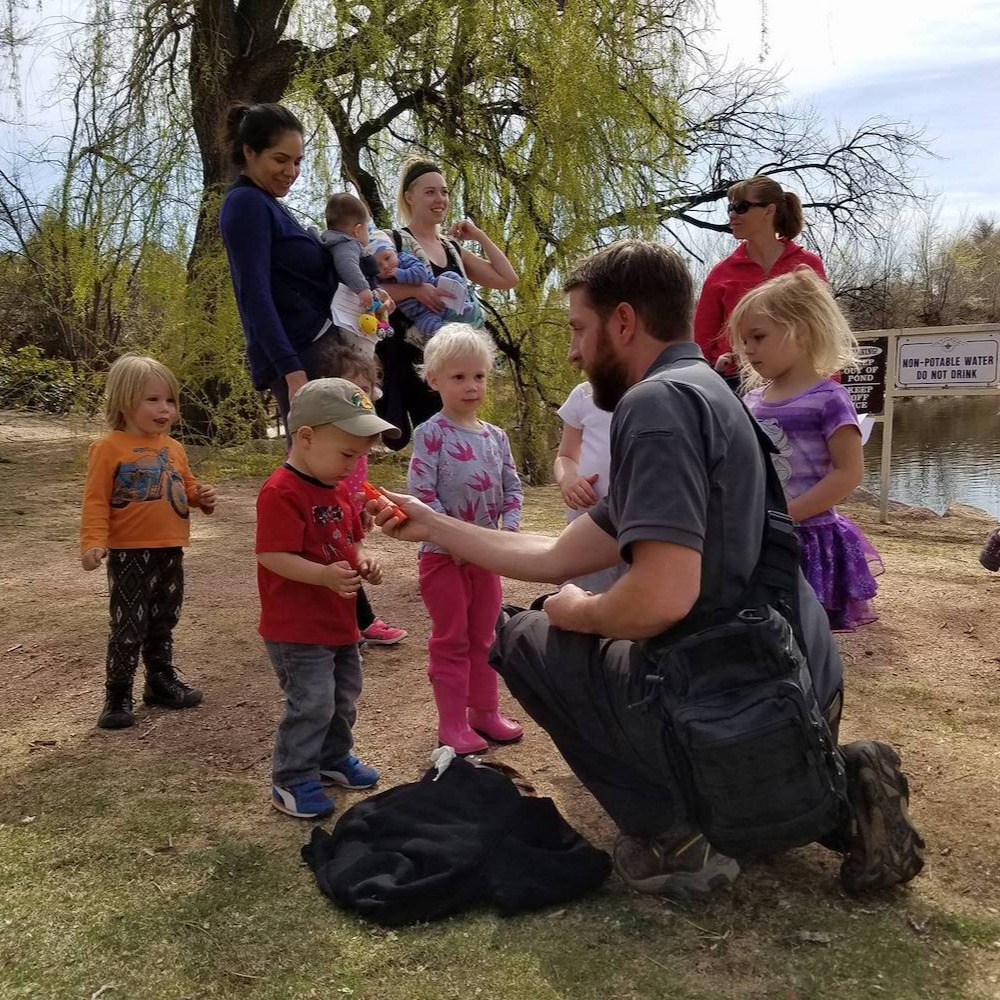
START THEM YOUNG
Teaching toddlers about the outdoors is essential for their overall development and well-being. Being in nature provides numerous physical and mental health benefits, such as increasing physical activity, reducing stress levels, and improving cognitive functioning. Additionally, exposure to the natural environment at a young age fosters a love and appreciation for the outdoors that can last a lifetime. By teaching toddlers about the environment and its importance, we can also help lay the foundation for future conservation efforts and a sustainable relationship with the planet. Furthermore, outdoor play and exploration can enhance creativity, problem-solving skills, and social skills, as children engage in imaginative play and interact with their peers and surroundings. Overall, promoting outdoor education for toddlers can have a positive impact on their health, education, and future.


